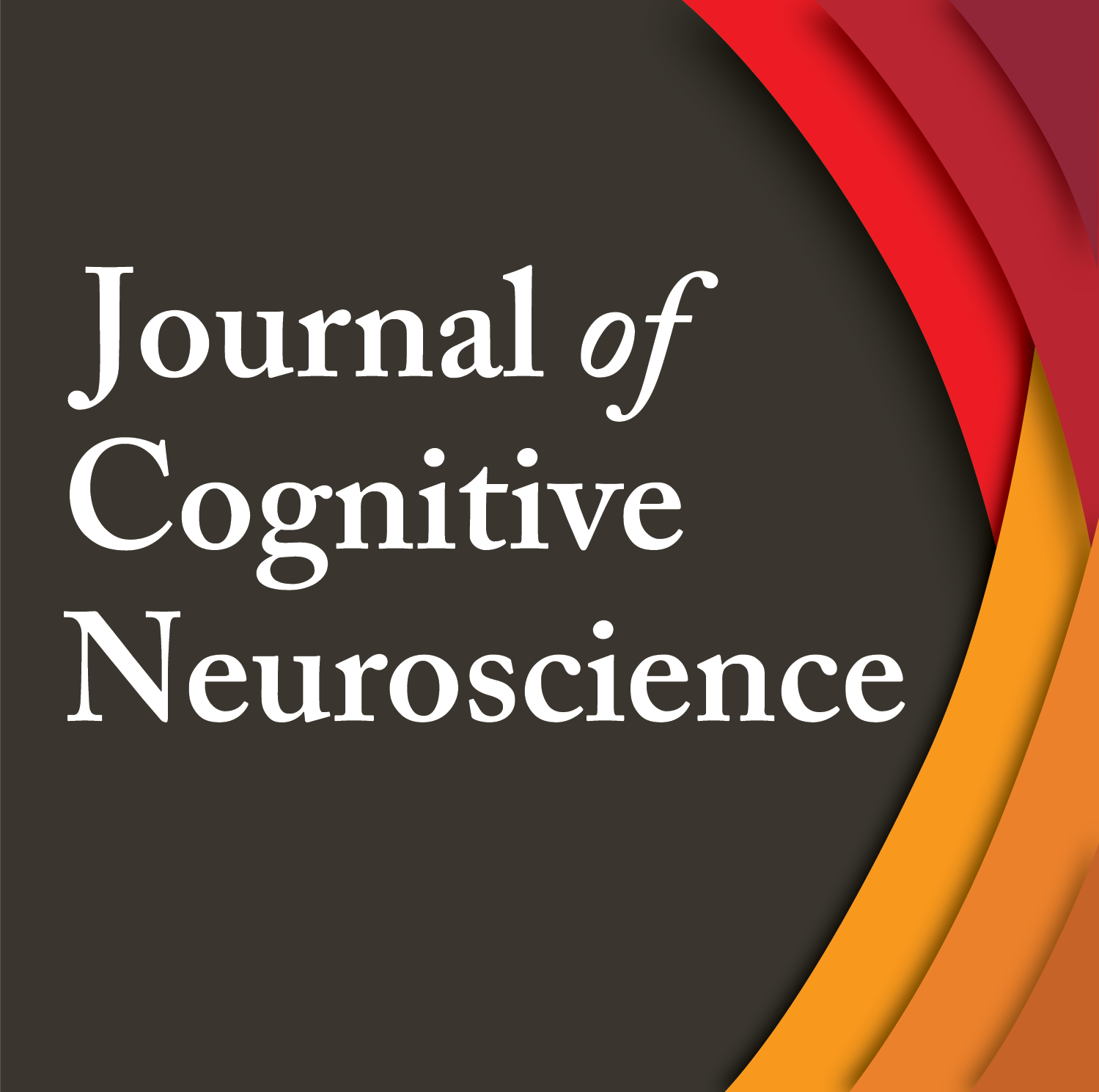Abstract
Ketamine, an N-methyl-d-aspartate (NMDA) receptor glutamatergic antagonist, has been studied as a model of schizophrenia when applied in subanesthetic doses. In EEG studies, ketamine affects sensory gating and alters the oscillatory characteristics of neuronal signals in a complex manner. We investigated the effects of ketamine on in vivo recordings from the CA3 region of mouse hippocampus referenced to the ipsilateral frontal sinus using a paired-click auditory gating paradigm. One issue of particular interest was elucidating the effect of ketamine on background network activity, poststimulus evoked and induced activity. We find that ketamine attenuates the theta frequency band in both background activity and in poststimulus evoked activity. Ketamine also disrupts a late, poststimulus theta power reduction seen in control recordings. In the gamma frequency range, ketamine enhances both background and evoked power, but decreases relative induced power. These findings support a role for NMDA receptors in mediating the balance between theta and gamma responses to sensory stimuli, with possible implications for dysfunction in schizophrenia.

